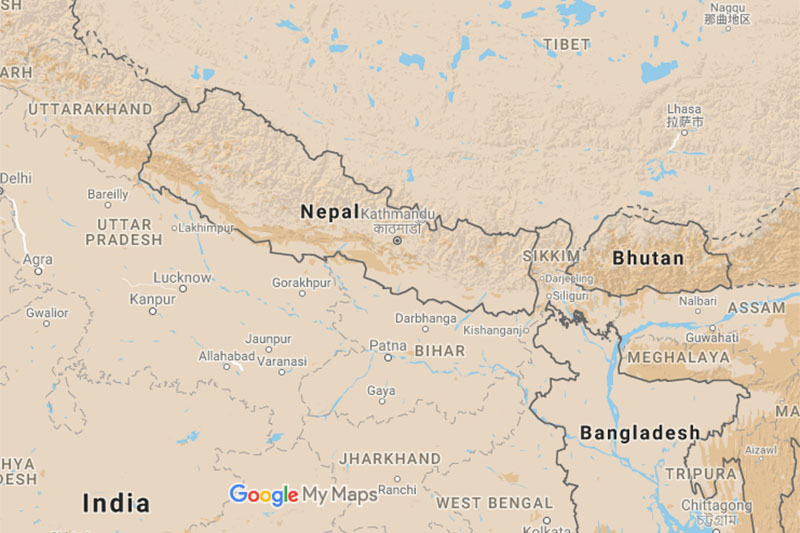Nepal turning into land of injustice: Rights watchdog
Kathmandu, January 15
The Government of Nepal is rolling out a series of laws to undermine the freedom of expression, while denying justice to victims of conflict-era abuses, New York-based Human Rights Watch stated today in its World Report 2020.
“Attacks on journalists increased and critical voices were subjected to intimidation by supporters of Nepal Communist Party (NCP). Police used the Electronic Transactions Act, which is supposedly designed to address online fraud, to arrest journalists and bloggers, including those reporting on corruption and even a comedian who upset a movie director with a negative review,” adds the report.
The government presented three pieces of new legislation that seriously erode freedom of expression. The Media Council Bill establishes a government-controlled media council with the power to impose sanctions, including fines and loss of accreditation, on journalists, editors and publishers. The new Information Technology Bill is even more draconian than the Electronic Transactions Act it replaces. The Mass Communications Bill duplicated similar provisions, with further penalties for loosely defined acts of expression.
According to the report, the KP Sharma Oli-led government proposed amendments to the law related to transitional justice, but they did not meet international standards that could ensure trial for those most responsible for the worst crimes committed during the conflict. “Instead, the current government, like its predecessors, continued to resist amending the transitional justice legislation to abide by the landmark 2015 Supreme Court ruling, which struck down key components of the current law, such as provisions that would allow amnesty even for perpetrators of war crimes and crimes against humanity,” it warned.
In the 652-page report, HRW has reviewed human rights practices in nearly 100 countries. As per the report, the government is also bending to Chinese demands by prohibiting domestic freedom of expression in relation to Tibet. During the visit of Chinese President Xi Jinping, at least two Nepali citizens were arrested for wearing clothing that featured a Tibetan flag.
“The Nepali people struggled for decades to institutionalise a democratic constitutional order, yet they are being denied their rights by the very people they had hoped would represent those values,” said Meenakshi Ganguly, South Asia director at HRW. “Political parties, once they are in government, are fighting tooth and nail to stifle critical voices and protect those allegedly responsible for past war crimes.”
“The Ministry of Home Affairs prepared a draft legislation that would give the government powers to monitor and control activities of all domestic and international organisations in Nepal. Human rights defenders fear that these powers will be used to harass activists and to deny access to external funding for human rights work,” adds the report. Caste and ethnic minorities remained more vulnerable than others to abuses, including excessive use of force by police, and torture in police custody. Yet another draft law aims to prevent the National Human Rights Commission from independently bringing cases to court.
The United Nations special rapporteur on violence against women reported that rape cases appear to be increasing. The government also flouted its commitment to release its own official report, known as the Lal Commission report, about the policing of protests in 2015, in which 66 people died, states HRW.






